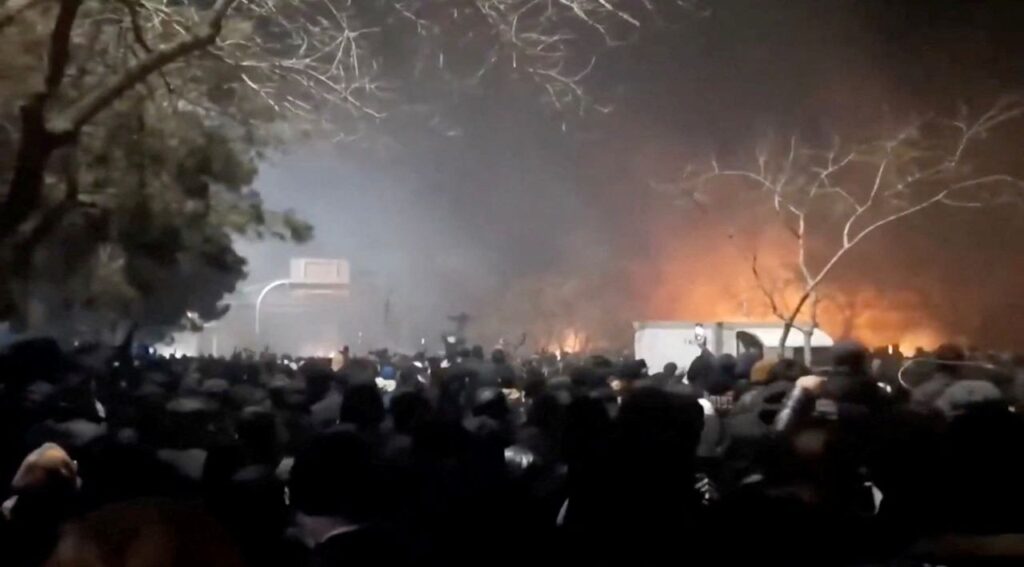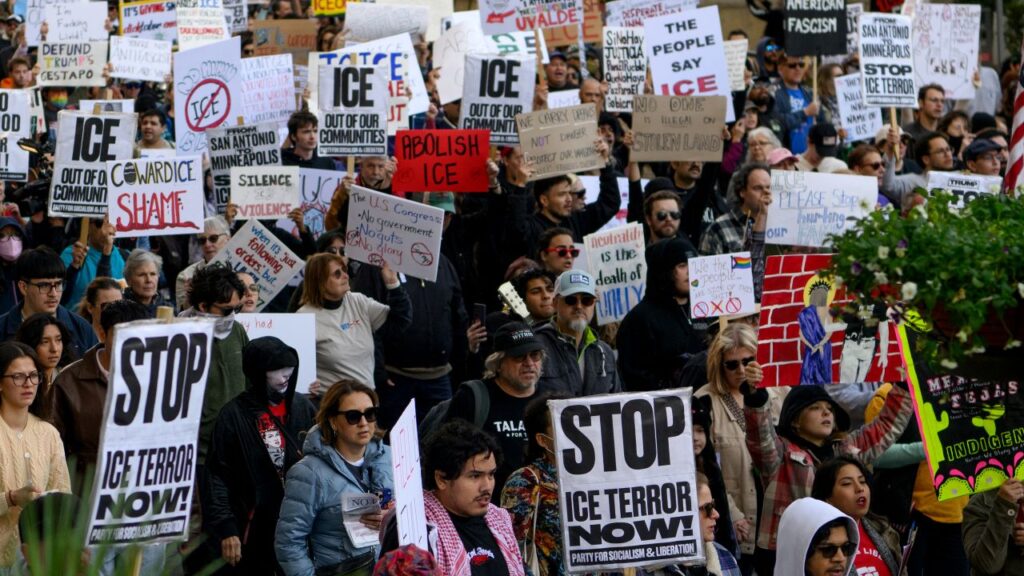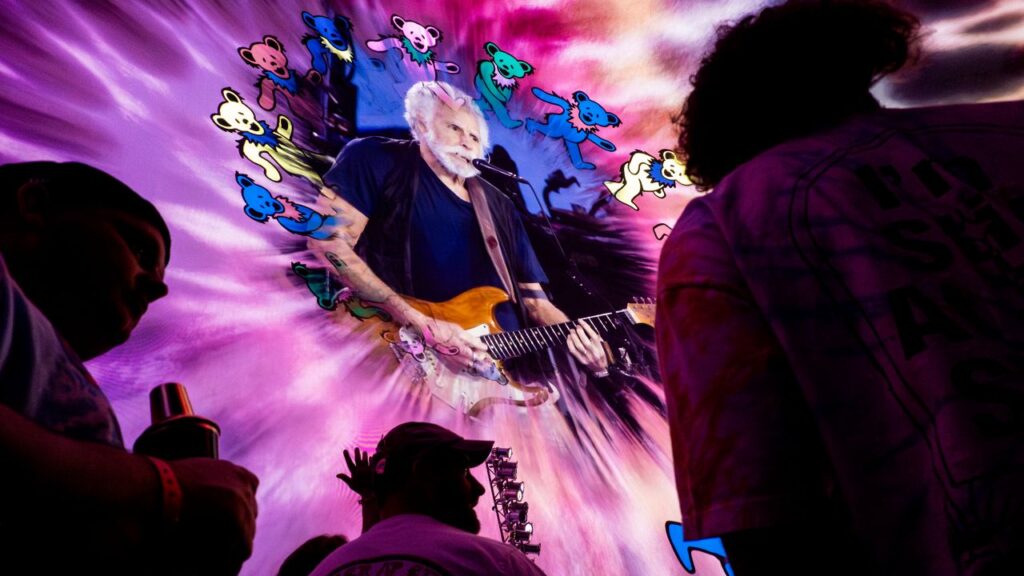Share
NEW YORK — They didn’t set out to change history; they weren’t the first LGBT Americans to mobilize against bias.
From the perspective of veteran activists, the progress has been astounding. In 1969, every state but Illinois outlawed gay sex, psychiatric experts classified homosexuality as a mental disorder, and most gays stayed in the closet for fear of losing jobs and friends.
Today, same-sex marriage is the law of the land in the U.S. and at least 25 other countries. LGBT Americans serve as governors, big-city mayors and members of Congress, and one — Pete Buttigieg — is waging a spirited campaign for president.
Among those looking back with marvel is Stephen Rutsky, 68, a lifelong New Yorker who joined in rioting and protests sparked by a police raid targeted at gay patrons of Stonewall. He engaged in a wide variety of LGBT activism over the ensuing decades.
“Mobs of gays and lesbians were running around angry and confused, but we all knew that something had sparked a change in our world,” Rutsky remembers. “We’ve come a long way, baby. But lots more to do.”
What’s Next
High on the to-do list is passage of federal legislation that would provide nationwide nondiscrimination protections for LGBT people. A bill with that goal, the Equality Act, passed the House of Representatives in May with unanimous Democratic backing but appears doomed in the Senate because of Republican opposition.
Nationally, 20 mostly Democrat-run states already have laws comparable to the Equality Act — protecting LGBT people from discrimination in employment, housing, public accommodations and public services. The 30 other states, where Republicans hold full or partial power, have balked.
The result is a patchwork map in which a majority of states make it legal to be fired, evicted or barred from public facilities because of sexual orientation or gender identity.
Another battlefront relates to transgender rights. In the U.S., the Trump administration has moved to revoke newly won health care protections for transgender people, restrict their presence in the military, and withdraw federal guidance that trans students should be able to use bathrooms of their choice.
‘An Amazing Silver Lining’
Historians trace the emergence of America’s gay rights movements to the 1950s, when the Mattachine Society and a lesbian group, the Daughters of Bilitis, were founded in California.
The movement broadened after Stonewall, leading to some high-profile events in the late 1970s, including the first national gay rights march on Washington in 1979.
The 1980s proved shattering — but also galvanizing — for gay Americans, as an initially mysterious, unnamed disease morphed into the AIDS epidemic. Many thousands of gay men died.
Longtime activist Lorri Jean, who has served more than 20 years as CEO of the Los Angeles LGBT Center, remembers AIDS in the 1980s as a “horrific disaster” that killed many of the men close to her.
“Yet it had an amazing silver lining,” said Jean, 62. “Suddenly, the most privileged in our community were being impacted as well as the least privileged, and people couldn’t hide in the closet anymore. When they got sick, people knew. That galvanized our community in a way that nothing else ever had.”
Marriage Rights
By the mid-1990s, the federal government — slow to respond at the start of the epidemic — was deeply engaged in the fight against AIDS, and the number of new cases finally began to decline. Many gay rights organizations shifted their focus to a long-haul campaign to legalize same-sex marriage. Massachusetts became the first state to do so in 2004; the U.S. Supreme Court struck down all state bans in 2015.
“For the government to treat gay people with equal dignity, it had to treat gay people as equal in marriage,” said lawyer Roberta Kaplan.
Kaplan is best known for winning a Supreme Court case in 2013 on behalf of Edith Windsor, who was denied an inheritance tax break after the death of her wife. Kaplan and Windsor successfully challenged the Defense of Marriage Act, which barred married same-sex couples from enjoying marriage benefits conferred under federal law. That decision helped lay the legal groundwork for the 2015 ruling that legalized same-sex marriage nationwide.
Born in 1966, Kaplan recalls being in college during the height of the AIDS epidemic.
“It’s incomprehensible — the change that has been wrought during my lifetime,” she said. “If you had told me, when I was in college, that one day I would grow up, get married to a woman, have a kid, be partner in a law firm, and then argue a momentous civil rights case in the Supreme Court, I would have said you were going to too many Grateful Dead concerts.”
The Religion Question
Same-sex marriage is among several reasons why, in the post-Stonewall era, the realm of religion has abounded with controversies linked to LGBT rights.
Many denominations — including Reformed Judaism and most mainline Protestant churches — have adopted fully inclusive policies, accepting LGBT people into the clergy and honoring their marriages. But some of the largest denominations — including the Roman Catholic Church, the Southern Baptist Convention and the Church of Jesus Christ of Latter-day Saints — refuse to take those inclusive steps and still consider gay sex immoral.
Religion plays a key role in current debates over nondiscrimination protections for LGBT people. The Trump administration has aligned with some religious conservatives in arguing that such protections can infringe on the religious beliefs of people who oppose same-sex marriage and transgender rights.
Emilie Kao, a lawyer with the conservative Heritage Foundation, says the Equality Act “imposes sexual ideology on the nation that endangers religious freedom, freedom of speech, and parental rights by punishing those who dissent from political correctness.”
These arguments irk activists such as Lorri Jean.
“My biggest concern is the very clever backlash by fundamentalist religious leaders who are trying to suggest they are the victims,” Jean said. “But even if they have victories, they’ll be short-lived. … The vast majority of American people do not believe discrimination against LGBT people is OK.”



















